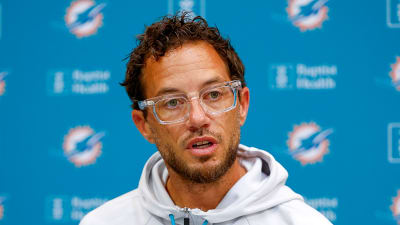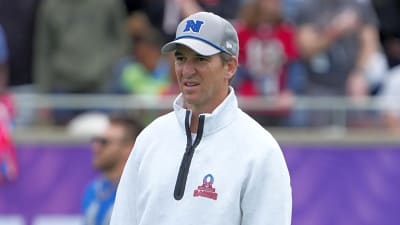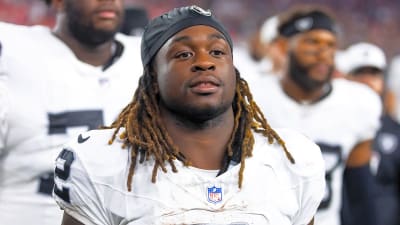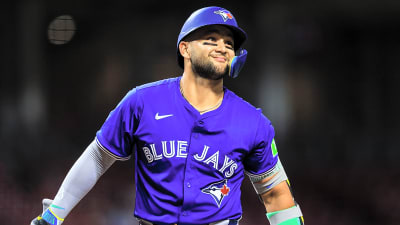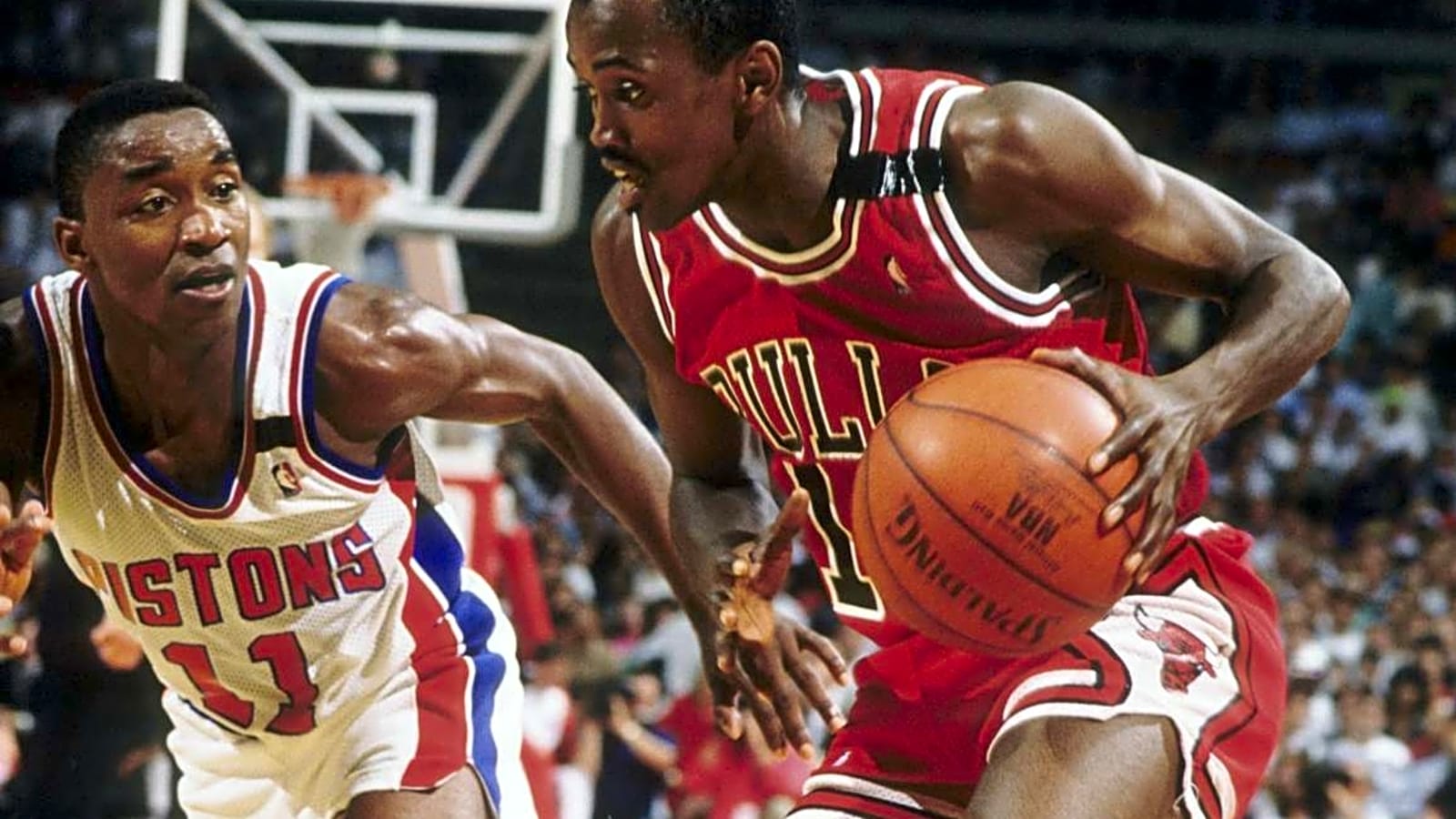
Craig Hodges, the two-time NBA champion and three-time 3-point contest winner, alleged that he was blackballed from the NBA in 1991-92 season after he wrote a letter to George Bush, who was the President of the country at the time, and handed it to him during their White House visit following the 1990-91 NBA championship. It was an eight-page letter that addressed the concerns of the minority communities and poor people in the country and urged President Bush's active participation in helping them as actively as he looked at foreign policy.
On the recent episode of the 'All The Smoke' podcast, Craig Hodges opened up on getting blackballed and how writing this letter impacted his career. From questioning why everything negative has a black connotation to it (like blacklisted or blackballed), he went on to explain why it enraged him that his mother had to suffer through so much while he was expected to just play hoops. He then took the activist route and even went as far as asking Michael Jordan and Magic Johnson to boycott Game 1 of the NBA Finals after Rodney King fell victim to police brutality in 1991. They both refused his request.
But the tipping point in his career came after the 1991 championship when they visited President George Bush at the White House. After he handed the letter to George Bush, he immediately saw a change in his career trajectory. When Matt Barnes asked him if the letter changed his career, he said, "No question I went from being the eighth player on the team and minutes scores played and points scored to the last player on the team and still won another three-point title.”
Recalling his visit to the White House, Hodges explained why he wore dashikis while meeting the President. After the Pistons eliminated the Bulls in 1990, Hodges felt he needed "ancestral help" and wore dashikis throughout the Playoffs in the 1991 season. Therefore, Hodges wore dashikis after winning the championship as a symbol to represent his cultural heritage and show gratitude to his ancestors. The media misinterpreted that and dubbed him a "militant".
Then Hodges addressed a photo that broke the news during the time of him wearing dashikis at the White House and shooting a jumpshot with President Bush in the same frame. “That jump shot at the White House, that cost me $50 million, $50 million at least. We ain't even talking about investment capital, if I get a million and I buy a million in gold…. Are we Americans? Are we Americans? So, should I get back backlash for being able to tell what y'all taught me? Y'all say go to school, read, learn right. I go to school, read, interpret what I read in a certain manner, go out and live my life in that manner that I read and that y'all said was cool because I'm free, but then it becomes a problem because now when I say and write a letter to the president." he said.
"At 32 years of age, I can't get an agent to represent me in a union that is supposed to represent us. Charlie Grantham, who's the head of the union at the time, when I go to the White House, he tells me, Craig, we have to find an agent that a team owes a favor so they'll know that you're not a bad guy. And I quote, I'll never forget that. And I'm like Charlie, what did I do wrong? I won two world championships, I got three consecutive three-point titles right now in my pocket, and I can't get a job? What did I do? I've never been fined since I've been in the league, I never missed a bus, I was player rep as a rookie, that's unheard of. I've been a player rep for every team I play for, where is the badness in that? Once again, those who control the narrative, so the narrative of me going to the White House in this manner, me having the audacity to write the president a letter, which until probably five or six years ago nobody asked me what was in the letter, nobody,” he further added.
Whether or not Hodges was blackballed remains uncertain. But we cannot dismiss his experience when, in fact, he did nothing wrong.
What Does This Mean For The League Today?
Activism in the NBA has come a long further from where it was earlier in terms of receptiveness of the movement. During the bubble season, which coincided with the George Floyd incident, many players chose to kneel during the national anthem and wear "Black Lives Matter" T-shirts as a gesture of solidarity.
Hodges even went further to question the society's perspective of basketball players and recalled the time LeBron was told to "shut up and dribble" by a Fox News analyst. In my opinion, it is an encouraging sign that the NBA has become more liberal and players have understood the value of their position in society. It will be interesting to see how far the NBA allows activism to go in the league in the future.
More must-reads:
- Heat All-Star will miss start of season after foot surgery
- All-Star's injury may force Heat into much-needed reset
- The 'NFL 200-touchdown-pass Club' quiz
Breaking News
Trending News
Customize Your Newsletter
 +
+
Get the latest news and rumors, customized to your favorite sports and teams. Emailed daily. Always free!

